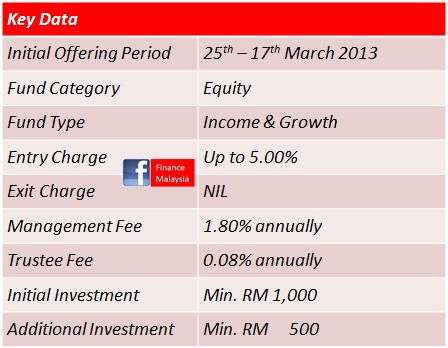Are you bored of the recent elections hoo-haa ? It's all coming from either party from different side, some NGOs, and some political related persons. How about foreigners? What are they thinking about our Malaysia General Election? Here you go...
In this note, Morgan Stanley outline the 5 things they think investors need to know regarding Malaysia elections:
- What's upcoming? Setting the context
The 13th General Elections are due to be held very soon in Malayia. Parliament needs to be dissolved no later than April 2013, and elections need to be held no later than 60 days from date of its dissolution. - Which are the key states to monitor?
They are Kedah, Penang, Selangor, Perak, Johor, Sabah and Sarawak. - Election scenarios and macro implications
BN Parliamentary seat share of > 63% would be seen as a positive surprise for investors. BN Parliamentary seat share of < mid 50% would be seen as a negative risk event by investors and could have implications for leadership and government stability. The political landscape will determine momentum of reform agenda. - Policy comparison: Pakatan Rakyat (PR) vs Barisan Nasional (BN)
The broad economic thrust of PR policy is fairly similar to that of BN. However, PR campaign proposals have a more leftist slant and also focus on policy devolvement to state governments, more geographically balanced economic development, and strengthening of decentralization in Sabah and Sarawak. - What to expect in UMNO Party elections?UMNO elections have to be held by Jun-2013. The president of UNMO is historically the prime minister, and hence, this will determine whether there is leadership stability. Forthcoming elections will take place amid constitutional amendments which makes the process more democratic.
* NO abusive comments were allowed. Thanks.
Source: Morgan Stanley research report dated 18th Feb 2013















